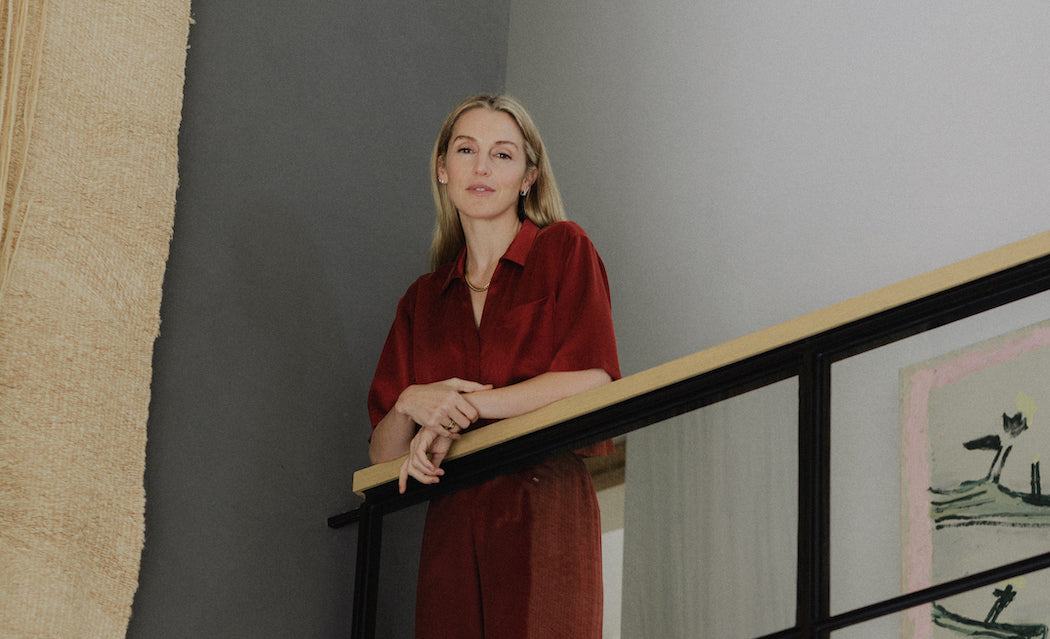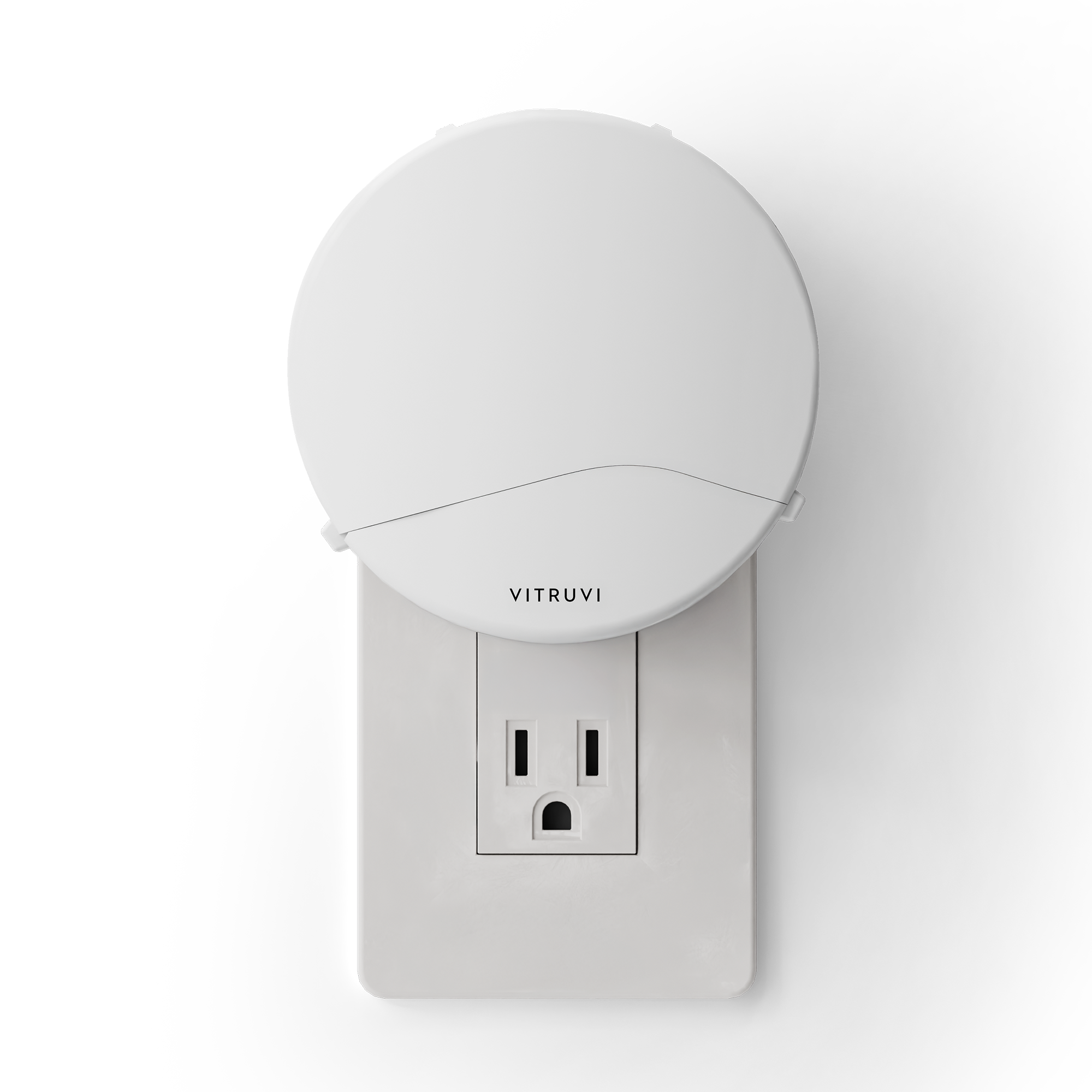Luxurious on the outside, dark on the inside—that’s what it felt like to participate in high-performance sport.
For a long time, I had one goal: to be a full-time athlete with the Rugby Canada Women’s 7s team, and compete in the Olympics. That goal became my reality in 2016, and I was committed to doing whatever was necessary to succeed—even if that meant neglecting my mental health. But once the Rio Olympics were over, I felt a shift in my mindset. I kept encountering these “down” days that I couldn’t explain.
I had always always been hard on myself, but for some reason, I was not learning from my mistakes and failures; instead, I was continuing to punish myself internally. The environment was harsh, and I was constantly in a mental battle with myself, expecting more from each day and never feeling satisfied with my accomplishments. Each tournament, practice, and off-field session became mentally harder and harder. I started experiencing changes in my daily motivation and felt very disconnected, both physically and emotionally. I no longer looked forward to playing in tournaments because I dreaded the stats, the video analysis, the criticism. I didn’t enjoy going to training sessions because I feared going home and having to analyze my day all over again. As I continued to dissect my game, I began to dissect myself as a person. I let my performance dictate my worth and wellbeing.
The mentality ingrained in us as athletes was that we were not supposed to bring our personal lives to the team; the field was not a safe space to show up as I was. I knew I needed help, as my mental health was affecting my happiness within the program—but I had no idea where to go and feared the consequences of being vulnerable. I saw others be open about their mental health and noticed a shift in how they were treated. There was so much stigma: entrenched in the team was the belief that we could not compete in a high-performance environment if we were struggling mentally.
The fear of potentially losing my spot in the program was enough to keep me quiet. But my thoughts began to consume my entire being. I lost myself, my values, and the joy I had for life. The more I struggled in silence, the more I began to hate the sport and myself; something that had brought me so much joy suddenly turned into a burden. The purpose of the sport got lost among the need to win medals. The environment lacked the humanistic view of an athlete—as in, acknowledging the human first.
When I finally built up the confidence to reach out for help, I was provided with support and was diagnosed with depression and anxiety. With the resources provided by the team, it seemed to the outside world that I was getting everything I needed to get back on the field—but I still didn’t feel right. I was pressured to quickly get back to playing rather than being encouraged to take the time I needed to heal. And unfortunately, I experienced what I feared the most: being treated differently because of where I was at in my mental health journey. But mental health needs to be treated with the same respect and support as physical injury. Just because we cannot see the pain doesn’t mean that what someone is experiencing is not real.
At the end of the 2018 season, I announced my retirement from rugby. I knew that lifestyle was no longer healthy for me; I wanted more. I wanted to understand that I was not only a rugby player but also a partner, a daughter, a sibling, and an aunt. I wanted to be proud of those identities. I wanted to discover that there was more to my world than being an athlete.
One of the biggest challenges in high-performance sport is that mental health is viewed as a weakness. But working on our mental health does not mean we can’t show up and have the best game or practice of our lives; it does not mean we can’t be there for our teammates; it does not mean that we are sad and crying all the time. Rather, it means we are open and honest with ourselves and are taking steps towards healing; it means we are being vulnerable and inviting others to do the same.
It’s time to shift our perspective. Saying that you are not okay is a sign of strength. Asking for help is a sign of strength. Taking the time to care for yourself is a sign of strength. Athletes need a safe space to not be okay; coaches and staff need to acknowledge the human first. The more we can talk about mental health in sport, the sooner we’ll all begin to heal.












